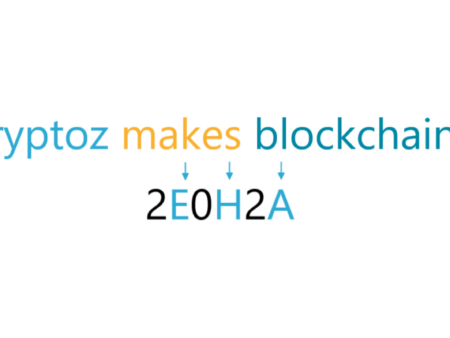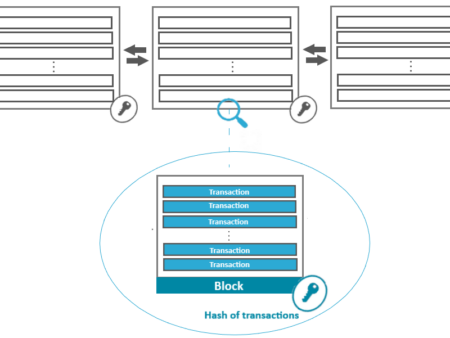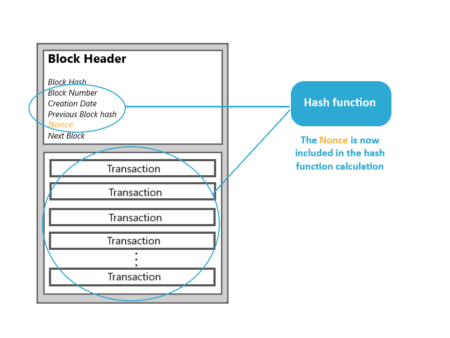From electronic voting to healthcare processes optimization, blockchain is a promising technology with amazing use cases and applications in many different industries.
Blockchain Use Cases and Applications
A lot of people talk about how blockchain is the next revolution in computing, that it’s redefining the very way we interact and transact on the internet. In this article, we will have a look at some of the practical applications of blockchain technology, in an attempt to provide some justification for these enthusiastic claims!
- Electronic voting
- Protection of intellectual property
- Healthcare system processes optimization
- Storage for official documents
- Supply chain management
- A word on public and private blockchains
- Conclusion
People are usually quick in associating blockchain with cryptocurrencies. And it’s understandable. After all, this peer-to-peer architecture that was first introduced in Satoshi Nakamoto’s paper from 2008, was primarily intended for payments.
But it quickly became clear that this architecture of a powerful incorruptible digital ledger could in fact be used to store a lot of different things of value. So let us explore some exciting use cases of blockchain, outside of the realm of cryptocurrencies.
Blockchain and electronic voting
One promising use for blockchain would be electronic voting. Even today in the 21st century, during election dates, voters need to go to a polling station, cast their vote on a piece of physical paper and put that in a labeled box. Then they need to trust a group of people to count the votes correctly.
If we’d use a blockchain instead, the votes would be registered anonymously from the voter’s personal device. Then the many nodes on the blockchain could all be involved in verifying the votes and making sure they are not tampered with. The decentralized, incorruptible nature of the blockchain would make voting a much smoother and reliable process. Probably a lot cheaper as well – think about all the logistics in organizing election days today and the money spent for that. Then the many observers, counters and other participants that need to be compensated accordingly. On the other hand, with a distributed ledger to keep track of all the anonymous votes in an incorruptible way, blockchain does sound promising for revolutionizing elections!
Blockchain and the protection of intellectual property
Another use case for blockchain is the protection of intellectual property. As we know, nowadays everything can be so easily copied and redistributed on the internet, which makes proving and retaining copyright very hard. If a blockchain is used instead, individual work can be stored with digital signatures, thus creating an immutable proof of ownership for that work. The timestamp in the digital signature would testify when an original work was first baked onto the blockchain.
If this sounds a lot like the NFTs (Non-Fungible Tokens) that have gained immense popularity in the last few years, you are spot on! In fact, NFTs are such an interesting use case of blockchain technology that we will devote a separate article just for them. Stay tuned!
Blockchain and the healthcare system
The healthcare system is another very important area where better interoperability between participants and greater data visibility would greatly increase the value that the system brings.
Nowadays, even in developed countries like the US, patients still need to fill out new paperwork as they visit every new doctor. This is so because every doctor maintains their own records for that patient under the facility they work in.
In cases when the doctors need to share patient records, usually phone calls or fax machines come into play. But transferring data by those means often results in unintentional data integrity loss, causing expensive reconciliation or even patient harm.
Data kept in silos by different doctors in different institutions is also problematic for the healthcare system as well, not just for patients.
Doctors, governments and insurance companies must all participate and share data in order to approve payments for medical treatments. In the US healthcare system, after a patient undergoes treatment, claims to insurance companies are submitted in order to cover the costs of that treatment. But claims can take very long to resolve, much to the dissatisfaction of doctors and health institutions that are left without pay in the meantime.
Let’s see how the healthcare system would look if blockchain technology was used. Imagine a patient’s healthcare records being kept in an account belonging to the patient, stored in a blockchain.
Whenever that patient would visit a new doctor, they would provide them with a key that provides limited access to the patient’s health records.
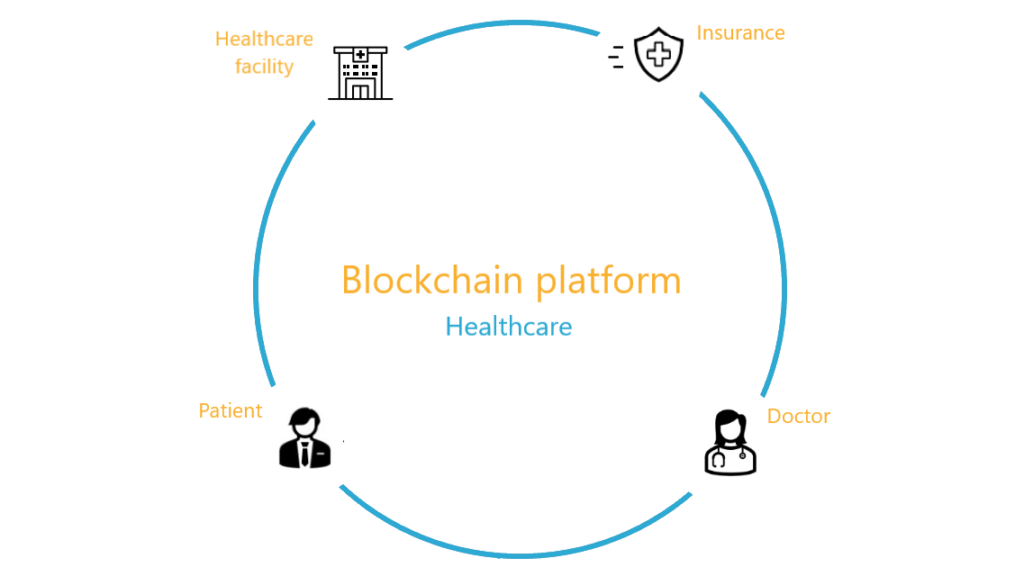
After the doctor would review the information and proceed with a treatment, a record for that doctor’s treatment would also permanently be recorded in the blockchain. In case an operation would be deemed necessary by the doctor, the patient would give permission to their insurance company to examine the record and provide approval for the operation.
In this workflow, approval for the operation by the insurance covering the costs is given automatically, without delay. That’s because the insurer has proof on the blockchain that the doctor has prescribed the operation, verifiable by his digital signature that also shows that the doctor has the appropriate licenses.
And actually, this scenario is not that far from becoming a reality in the near future. There are already companies, such as the Estonian Guardtime, which provides a blockchain-based solution to record healthcare data.
Doctor credentials verification
A different project in the healthcare industry is using blockchain in trying to solve the problem of doctor credentials verification. Namely, when a doctor is applying for a new position at a different facility/hospital, they must first submit their credentials: licenses, residency programs etc. Then the facility/hospital must verify each piece of information by contacting all the sources. But the blockchain company Hashed Health has actually created a registry in the state of Illinois in whıch all these different sources submit information once. This removes the need of having to repeatedly answer calls to verify the doctor credentials. Healthcare facilities can trust the records in the blockchain-based registry because digital signatures guarantee the veracity of the records, because they were placed there by the corresponding institution that issued those credentials.
These are some examples how blockchain-based solutions can deliver practical benefits to the healthcare industry. They paint a promising picture, although critics might be quick to point out that adoption of such systems is not easy. The healthcare ecosystem is an extremely regulated one, where patient privacy is of utmost importance. Having healthcare ecosystem participants plug in data into a blockchain system is no easy feast. But as this technology gets more and more adopted in different industries, shedding light to the immense benefits it brings, its adoption will continue to accelerate.
Blockchain as storage for official documents
A different use of blockchain would be the storing of any type of public or official documents and records. Using accessible public ledgers like a blockchain can be useful for any record keeping, like for example land registry deeds. Actually, any type of official documents relevant for public interest might be kept on a blockchain. This would make them easily accessible by the public. A good example for this is property titles and deeds. As different properties are bought and sold, the details of the underlying transactions and the transfer of ownership can be recorded onto the blockchain.
Blockchain and supply chain management
And last but not least, supply chain management has somehow become a classical example of a possible use for blockchain. This industry is a never-ending challenge in logistics, with so many different participants that need to coordinate. There are providers of raw materials, suppliers, transportation, warehousing, inventory management, distributors, retailers and finally the end customer. And to be able to efficiently and successfully track and manage the progress of materials or goods through any supply chain is immensely challenging. With Blockchain, we could just have a shared digital ledger that is replicated among the participants. Each of them would keep their own systems but also have the possibility to add entries to this ledger.
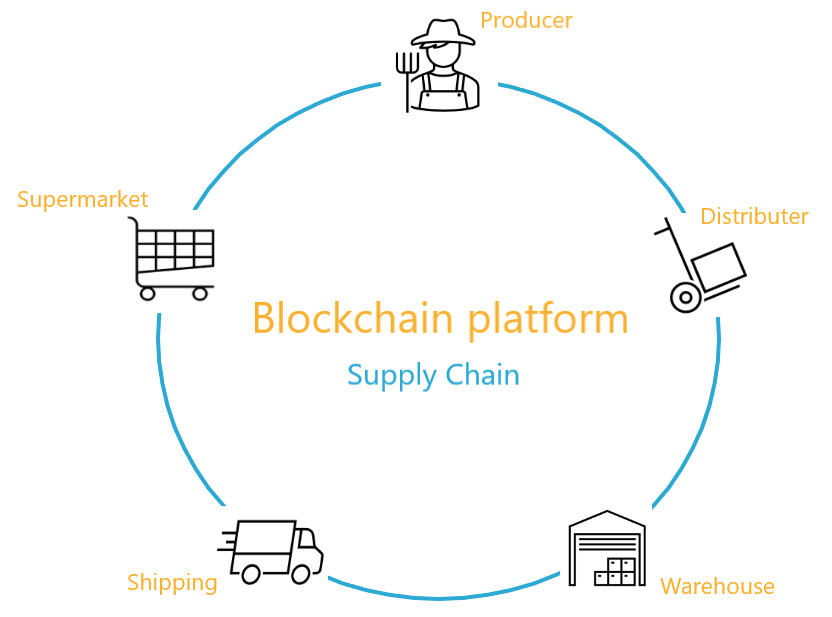
As things move around in the system, the respective parties can update with the current state of that item so that everyone else sees that update immediately. Blockchain would also greatly simplify adding or removing any participant of the supply chain. New ones wouldn’t have to go through the lengthy and costly process of integrating their softwares and systems with all the other participants. They only need to have the ability to access and work with the blockchain ledger.
A word on public and private blockchains
Let’s conclude this article with some words on public vs. private blockchains. In a public blockchain, there is a public network of nodes and anyone can participate in the network. Let’s look at public blockchain characteristics by examining Bitcoin – perhaps the most famous example of a public blockchain.
Any internet user who has a computer can decide to set up as a node on the Bitcoin network. He or she will then need to get a copy of the Bitcoin ledger, after which they can start mining blocks.
So there exists a public network of nodes all contributing to the creation and mining of blocks. Moreover, since every node on the network contains a copy of the blockchain, they can all verify the full chain, and thus trust is established. This is what is meant when saying that public blockchains offer the best security and trust.
However, there is a downside to this. It is very resourceful and expensive to have so many people mining blocks using the proof-of-work algorithm. The complex hashing puzzles consume a lot of electricity, as well as take a lot of time to create. Another downside of public blockchains as seen from the perspective of some large companies, is that not all data should be open to the public for anyone to verify.
This is where private blockchains come in. In private blockchain, only the participants of the private network can add transactions, as well as mine and verify blocks.
This adds an efficiency that is simply not there when the network is opened to a huge number of mining nodes. In the case of private blockchain, we again need to make peace with the fact that we are giving our trust to the private network in question with our data and transactions, as they again have control over the privacy of the data that is kept in the blockchain. However, in some cases, this is not only at the desire of the institutions only. Take the same example of the financial and healthcare industries, where these institutions are actually obliged by law to protect their data, with very strict rules around how visible the data is. In the use cases that we examined above, the bulk would actually be of a private kind. Sure, they would be “wide” enough to incorporate as many participants of a given ecosystem (ex: healthcare), but would still be confined and regulated within that ecosystem.
Concerns on private blockchains
Some blockchain advocates and purists do not like the idea of private blockchains, maintaining that they defy some of the core principles and purposes of decentralized systems, that should not be controlled by any single (or group of) institutions. They claim that those institutions are then able to control the underlying ecosystem, and the power is again centralized. However, as discussed above, institutions in the financial and healthcare industries in particular, see lots of benefits in an immutable ledger that is private.
Conclusion
In this article, we reviewed some promising use cases and applications of blockchain technology. Even though people readily associate blockchain with cryptocurrencies, the distributed ledger technology in fact has a wide ride of applications across different industries. Blockchain can be used to turn voting and elections into a smoother and faster process, by removing the need to spend funds and time in logistics, voting observers and counters.
Blockchain can also be utilized in maintaining and proving intellectual property. It can also ne used as a distributed storage for different official documents of interest to the public, like land registry deeds and changes of ownership.
As explored at length further in the article, blockchain also has promising applications in the healthcare ecosystem. Companies that provide blockchain-based solutions already exist, and we had a look at two of them that were using the technology to store durable healthcare records or smoothen the doctor credentials verification process. Lastly, we explored how blockchain could serve as a very useful platform in supply chain management, where the many different participants in the ecosystem can converge to share updates on the movement of goods and services.
Lastly, we pointed to the differences between public and private blockchains, and the advantages/disadvantages of each. Public blockchains are open to everyone to participate in. Anyone can become a part of the blockchain network by setting up a node with a copy of the ledger and running the appropriate blockchain code.
Private blockchains on the other hand, are only open to a certain group of people or institutions. These institutions usually form an ecosystem, and not everyone can set up a node in that blockchain network. Although industries like healthcare are inclined to private blockchains due to the enforced restrictions and patient data privacy laws, some blockchain purists claim that only public blockchains deliver the true promise of decentralized networks that can’t be controlled by any institution or government.
